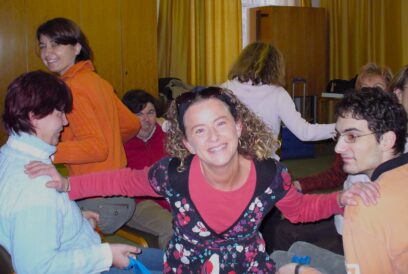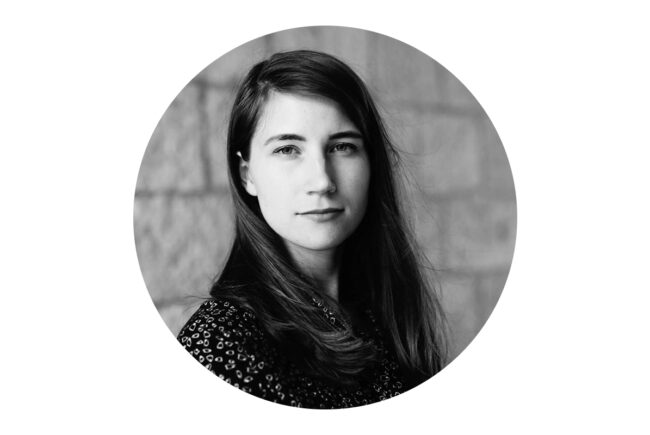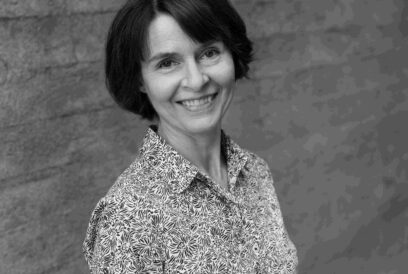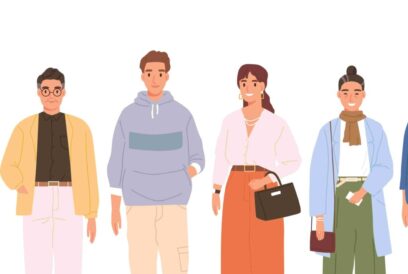

If we wish to integrate all excluded individuals and minority groups in the society, we’d better be prepared to talk about awkward issues. The text is an editorial written for issue 4/2017 on Adult Education for Social Inclusion.
If not before then after the so-called refugee crisis in Europe, everyone seems to be talking about nothing but inclusion and exclusion. There are conferences. There are new financial instruments for projects. There are manifestos.
Unlike the fuss suggests, Finland, where the Elm headquarters is located, is still a relatively homogenous country. Depending on the definition, only some 4-6% of the population have an immigrant background. In fact, up until the 1980s, we were an emigrant country.
And nevertheless, we struggle.
While we, Finns and Europeans, do struggle with our changing national identities, rising neo-Nazi movements, fence-building projects and strategies against terrorist threats, we keep on losing a lot of money and potential. I am not going to even talk about the human suffering that comes hand in hand with dispossession.
WHY DO WE SEEM TO BE FAILING the challenge of integrating all Europeans, old and new? Is it a question of money? Is there a lack of political will? Does it simply tell something about who we are as people?
It is a billion-dollar question, but at least the adult education sector cannot be blamed for not trying.
The question that had been puzzling adult educators for a long time is how to lure disadvantaged learners in.
“If you look at Finnish legislation for non-formal adult education and legislation for the integration of migrants side-by-side, it’s remarkable how similar the objectives are,” says Jyrki Ijäs, Secretary General of the Finnish Folk High School Association in our feature article.
Thus, the question that had been puzzling adult educators for a long time is how to lure disadvantaged learners in, be they immigrants or something else.
In Denmark, strategies and good practices were studied. What surprised Celia Skaarup, a Danish expert interviewed on the matter, was how important personal relations were.
Meanwhile in Down Under, the Learn Locals network chose to use a carrot to make the difficult first step, entering adult education for the first time, a bit easier – with good results.
It is good to remind ourselves that immigration is not only a European issue.
For a gendered approach to integration, we visit Japan, where society is slowly waking up to women’s importance in contributing to the country’s growth.
We also visit India, a developing country struggling to integrate Afghan and Rohingya refugees, amongst others. It is good to remind ourselves that immigration is not only a European issue.
If we feel we are failing because of lack of funding, there is also some lobbying to be done, and when we get good results, says MEP Sirpa Pietikäinen, we should let the decision-makers know about them.
IN ORDER TO SUCCEED, we must also be willing to talk about the awkward issues: prejudices, structural discrimination, even hatred.
We should stop seeing threats where we could be seeing a potential. In Finland, for example, the vast majority of immigrants are quite young, while the population pyramid of the locals does not look like a pyramid at all, but a downward tapering box trying to swallow a flying saucer.
Integrating migrants into the workforce could help – but only if we let them in. Thus, in a toolkit article, we strip down the repeated question of why the immigrant population has a hard time finding employment.
In terms of safety and economy, it is exclusion that is the danger, not inclusion.
Be it awkward or not, for a civilisation to develop, we need to be brave enough to oppose others, says a polarisation consultant and the source of the quote in the title, Bart Brandsma. At the same time, we need to stop blaming one another, and have a debate on social inclusion without talks about identity, be they national, religious or something else.
Last but not least, we visit a rehabilitation programme in Somalia, an example of bravery in the form of forgiveness. Instead of punishments, the programme offers former al-Shabaab fighters, responsible for the loss of uncountable loved ones among their fellow nationals, psychological support and opportunities to complete their education.
What the Somalis seem to have realised, while we still gabble on about “cultural clashes”, is that, in terms of safety and economy, it is exclusion that is the danger, not inclusion.
Author






